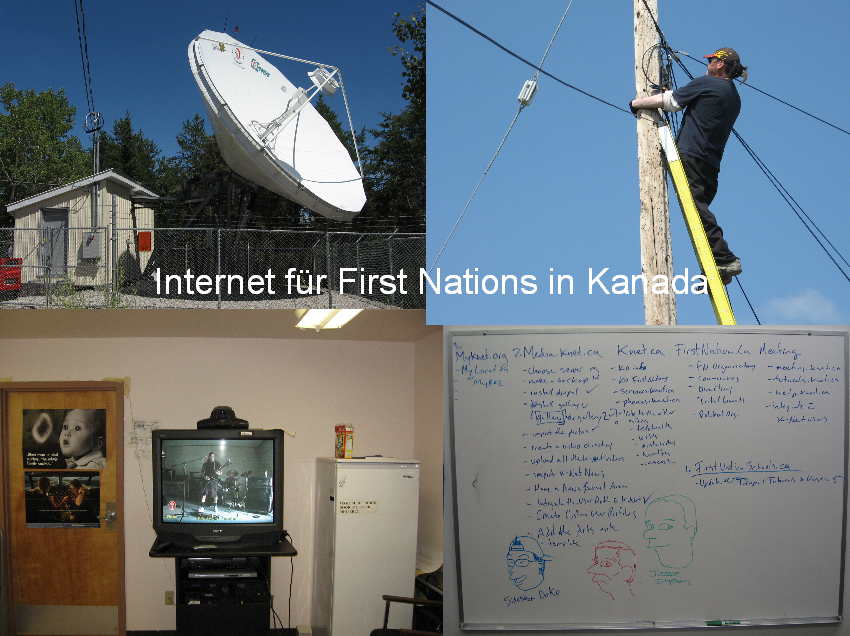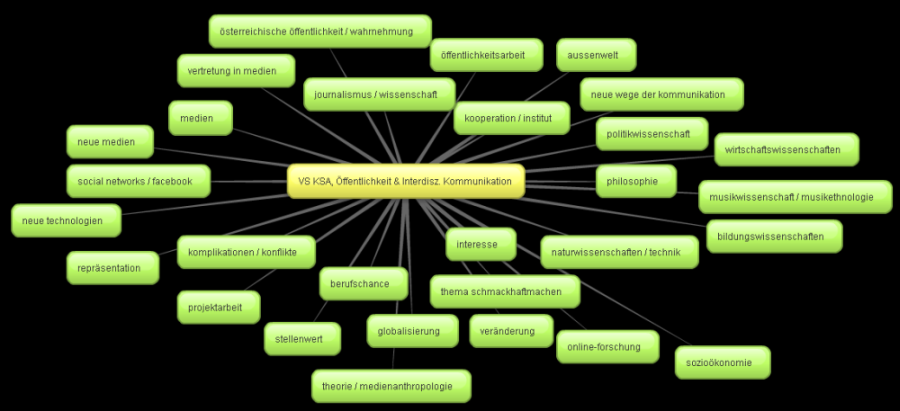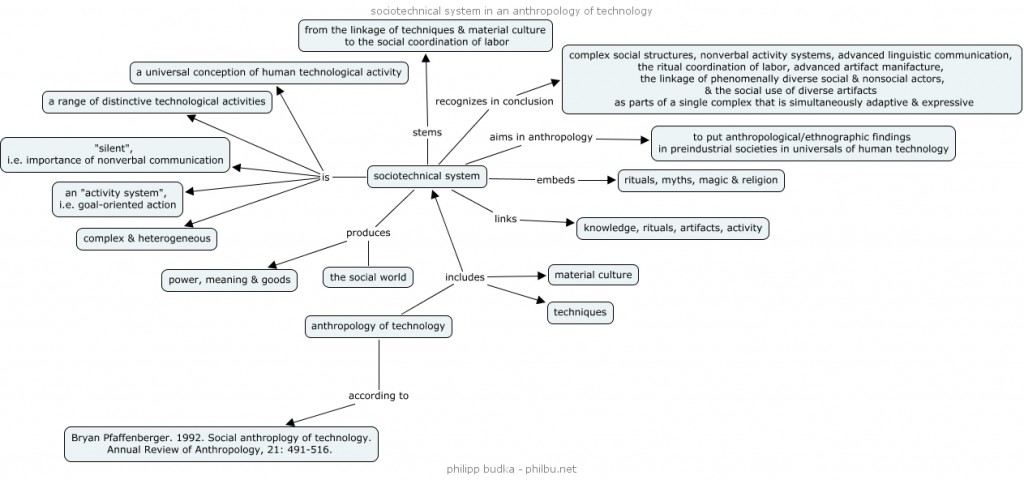This is a list of publications, papers and presentations that results from research on MyKnet.org, an online social environment for First Nations people of northwestern Ontario, Canada. For more information on MyKnet.org and the research project, take a look at the summary of the MyKnet.org research project and the MyKnet.org research website.
Publications
Bell, B., Budka, P. & Fiser, A. 2012. “We were on the outside looking in” – MyKnet.org: A First Nations online social environment in northern Ontario. In Clement, A., Gurstein, M., Longford, G., Moll, M. & Shade, L. R. (Eds.) Connecting Canadians: Investigations in Community Informatics. Edmonton: Athabasca University Press. Forthcoming.
Budka, P. 2009. Indigenous media technology production in northern Ontario, Canada. In Ertler, K.-D. & Lutz, H. (Eds.) Canada in Grainau / Le Canada à Grainau: A multidisciplinary survey of Canadian Studies after 30 years. Frankfurt am Main: Peter Lang.
Budka, P., Bell, B., & Fiser, A. 2009. MyKnet.org: How Northern Ontario’s First Nation communities made themselves at home on the World Wide Web. The Journal of Community Informatics, 5(2), Online: http://ci-journal.net/index.php/ciej/article/view/568/450
Papers and presentations at conferences
Budka, P. 2011. Connecting First Nations through media and communication technologies in northern Ontario, Canada. Paper at “American Indian Workshop (AIW)”, Graz, Austria: Graz University, 31 March – 3 April.
Budka, P. 2010. Popular culture and music in an indigenous online environment. Paper at “11th Biennial Conference of the European Association of Social Anthropologists (EASA)”, Maynooth, Ireland: National University of Irland Maynooth, 24-27 August.
Budka, P. 2010. Indigene Medienproduktion im Nordwestlichen Ontario, Kanada. Presentation at “Tage der Kultur- und Sozialanthropologie”, Vienna, Austria: University of Vienna, 22 April.
Budka, P. 2009. Die Bedeutung von (kultureller) Identität in einer indigenen Online-Umgebung (MyKnet.org). Paper at “Internet und Identitätskonstruktion von Jugendlichen Workshop”, Vienna, Austria: University of Vienna, 30 October.
Budka, P. 2008. Indigenous territories on the World Wide Web: How First Nation people in Northwestern Ontario make themselves at home online. Paper at “Internet Research 9.0 Conference of the Association of Internet Researchers”, Copenhagen, Denmark: IT University of Copenhagen, 16-18 October.
Budka, P. 2008. Indigenous media technology production in Northern Ontario, Canada. Paper at “10th Biennial Conference of the European Association of Social Anthropologists (EASA)”, Ljubljana, Slovenia: University of Ljubljana, 26-30 August.
Budka, P. 2008. Populärkulturen in einer First Nation Internet Umgebung: Hip Hop als Element jugendlicher Identitätskonstruktion und Repräsentation. Paper at “Wiener Tage der Kultur- und Sozialanthropologie”, Vienna, Austria: University of Vienna, 10-11 April.
Budka, P. 2007. The new mediation of traumatic experiences: the First Nations online environment MyKnet.org and suicides in Northern Ontario, Canada. Paper at “Sites/Cites of Trauma Workshop”, Gothenburg, Sweden:Gothenburg University, 5-6 October.
Budka, P., Grünberg, G., & Trupp, C. 2007. Indigene und Internet in den Amerikas. Ein komparatives medienanthropologisches Projekt. Presentation at “Wiener Tage der Kultur- und Sozialanthropologie”, Vienna, Austria: University of Vienna, 26-27 April.
Bell, B., Budka, P., & Fiser, A. 2007. “We were on the outside looking in” – MyKnet.org: a First Nations online social network in Northern Ontario. Paper at the “5th Canadian Research Alliance for Community Innovation and Networking (CRACIN) Workshop”, Montreal, Canada: Concordia University, 20-22 June.


